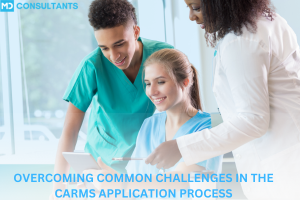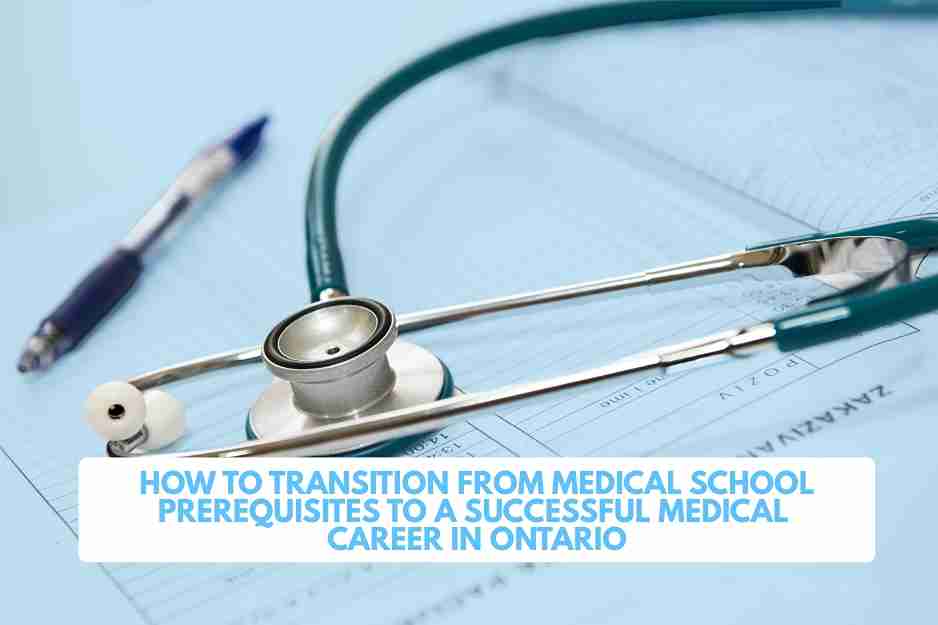Why do medical schools care about non-academic experiences like ECs, volunteer work and research?
To answer that, just think about what it means to be a doctor.
Doctors must study many years and acquire a large volume of information in order to diagnose and treat patients. So it makes sense that doctors should be capable of studying hard and doing well academically – that’s why GPA and MCAT matter.
At the same time, don’t forget that doctors need a lot of soft skills in order to be successful. They must be able to work with other health care professionals and lead health care teams. They must be able to communicate clearly with patients and colleagues. They need to be kind and compassionate to patients and families. Doctors need to be able to problem solve and manage finite resources in our increasingly complex and costly health care system. Doctors need to be smart, but they also need to be well-rounded with excellent soft skills.
Resume, essays and interview – where all of this stuff matters
Medical schools are very explicit about what GPA and MCAT you need. What’s not so clear is what non-academic experiences are sufficient. So where do things like ECs or volunteer work come into play?
Medical schools assess your soft skills through your involvement in ECs, volunteer work and research. While none of these are mandatory, any involvement in these fields highlight the development of your soft skills, and provide a glimpse into how ready you are to be a medical student.
Medical school essays might ask you to describe a teamwork situation you participated in. Your interviewer might ask you how you dealt with a real life ethical dilemma. The ability to answer these types of questions, and have the experience to support those answers, comes from participating in your university and your community through activities like ECs, volunteer work and research.
So what type of ECs, volunteer work or research should you do? The short answer is there is no correct answer. However, there are some key ideas to think about, and in this section we give you some food for thought on how to pick and manage your non-academic experiences to help you in applying for medical school.
Do what you enjoy
For the most part, it does not matter what specific ECs or volunteer work you do. Whether you like sports or music, you will develop a lot of the same skills important for doctors: teamwork, work ethic, etc. and this is what’s important. In addition, the more you enjoy your activity, the better you will perform, and the more likely you will excel in it. Why be a beginner piano player and hate it when you could be the captain of your school soccer team? Participation is good, but excellence looks even better. Because of that, do activities that make you happy and you enjoy.
Explore health care
The only exception is that it probably does help to do something (but not everything) in health care. You don’t have to do a lot, but it does look good to show that you have tried to explore medicine. Often times in an interview you will be asked how you prepared for medicine. If you can only answer that you played basketball and chaired the debate club, it may be hard pressed to believe you have even the slightest idea what you are getting yourself into with medicine. In addition, are you even sure you want to be a doctor? How do you know unless you try and find out?
Leadership matters
When possible, take on leadership roles. Leaders learn a lot, do a lot and develop lots of skills. This helps with your personal development and impresses medical schools. Anyone can sign up to be a member of a school club, but it demonstrates commitment, work ethic and skill to lead one. Doctors need to be leaders in teams. Start developing your leadership skills through your non-academic activities.
Variety is good
Go out and explore different things. There is no cookie-cutter application. Diversity in your application can show that you have different kinds of skills to offer. If you’re already on two sports teams and looking for a new activity, you will probably benefit more both personally (personal development) and professionally (applying to medical school) from say trying out a volunteer position than joining a third sports team.
Research – definitely not mandatory, but often useful
You don’t need research to get into medical school. Most doctors in the real world don’t even do research, so why would it ever be mandatory? That being said, the doctors who are involved with the admissions process at the university tend to be academic doctors affiliated with the university – increasing the chance that they do research and have an appreciation for it.
Furthermore, if you want a reference letter from an academic person, doing research and getting a letter from a supervisor is a popular and good way to do so. In fact, this letter is a powerful tool to boost your application. Your performance on research speaks for many of your qualities that are important for a future physician: scholar, perseverance, problem solving, collaboration with others, etc.
For those reasons, doing research can boost your application, but it’s by no means necessary. Students in our medical school classes include those who both did and did not do any kind of research. Do it if you want to, and only if you want to.


